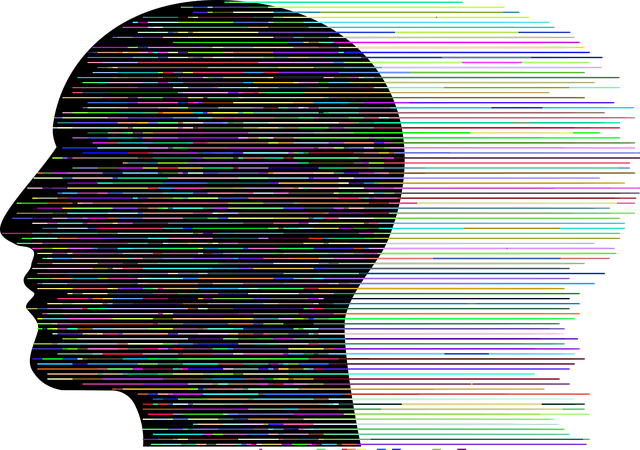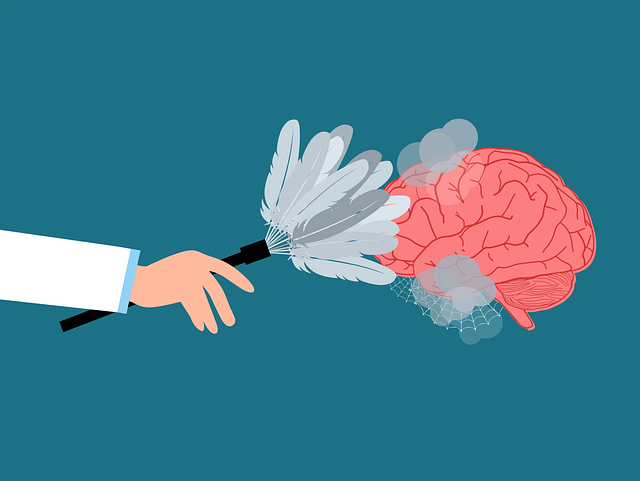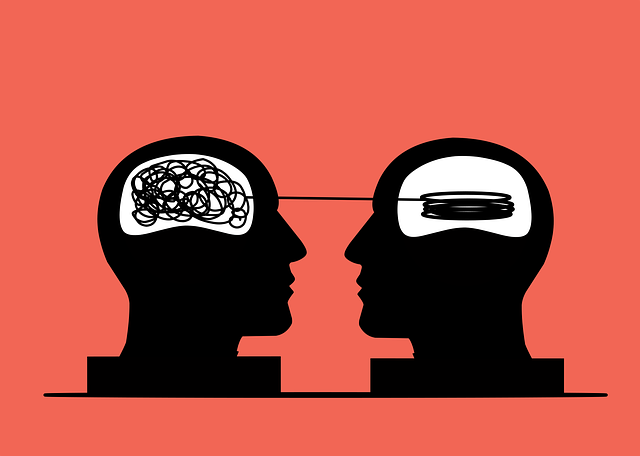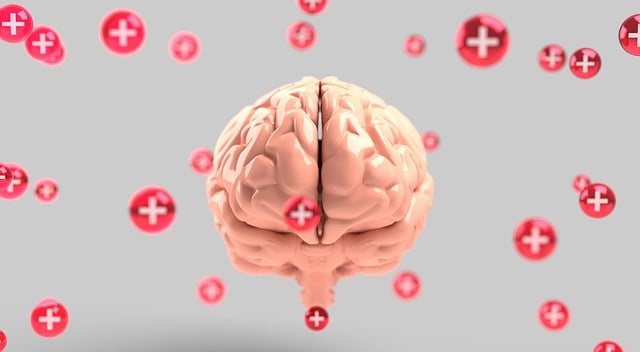Diagnosing mental illnesses accurately is challenging due to their intricate nature, diverse presentations, and coexisting disorders, as highlighted by Wheat Ridge Sexual Dysfunction Therapy. Mental health professionals globally are enhancing diagnosis accuracy through tailored strategies like risk assessments, mindfulness meditation, and continuous training. These initiatives strive to improve patient outcomes, reduce stigma, and make mental illness diagnosis more precise and accessible, with Wheat Ridge Sexual Dysfunction Therapy leading the charge in specialized therapeutic techniques for better assessment and treatment.
Mental illness diagnosis accuracy is a critical issue, with significant implications for patient outcomes. This article delves into the complexities of this challenge, exploring both the obstacles and current efforts to enhance diagnostic practices. From understanding the nuances of mental health conditions to implementing innovative strategies like those employed by Wheat Ridge Sexual Dysfunction Therapy, we uncover promising approaches aimed at improving accuracy and effectiveness.
- Understanding the Challenges of Mental Illness Diagnosis
- Current Efforts to Enhance Accuracy and Effectiveness
- The Role of Wheat Ridge Sexual Dysfunction Therapy in Improving Diagnostic Practices
Understanding the Challenges of Mental Illness Diagnosis

Diagnosing mental illnesses accurately is a complex task due to their intricate nature and diverse presentations. Each individual’s experience with mental health issues is unique, making it challenging for healthcare professionals to arrive at precise diagnoses. The complexity is further exacerbated by the coexistence of multiple disorders, where symptoms may overlap, obscuring the underlying conditions. For instance, Wheat Ridge Sexual Dysfunction Therapy highlights how sexual problems can be both a symptom and a consequence of various mental health conditions, adding another layer of difficulty in diagnosis.
Professionals must consider cultural factors, personal histories, and environmental influences that contribute to mental well-being. Moreover, the subjective nature of many mental health symptoms poses significant challenges. Enhancing diagnostic accuracy involves equipping mental health professionals with comprehensive tools, such as thorough risk assessments, mindfulness meditation techniques for improved self-awareness exercises, and continuous training in recognizing subtle signs and symptoms across diverse populations.
Current Efforts to Enhance Accuracy and Effectiveness

Mental health professionals worldwide are actively working to enhance diagnosis accuracy, aiming to improve patient outcomes and reduce stigma. These efforts encompass various strategies tailored to address specific challenges in mental illness assessment. One such approach is integrating Wheat Ridge Sexual Dysfunction Therapy, which has shown promise in uncovering complex underlying issues that may be impacting an individual’s mental well-being. This therapy model encourages emotional healing processes by creating safe spaces for patients to express their experiences.
Additionally, risk assessment tools are being refined to better predict and manage potential risks within the patient population. Mental health professionals are also increasingly incorporating social skills training as a means of identifying subtle cues or patterns that might indicate underlying mental health struggles. These initiatives, combined with ongoing research, are geared towards making mental illness diagnosis more precise and effective, ultimately improving access to appropriate care for those in need, such as those seeking Wheat Ridge Sexual Dysfunction Therapy.
The Role of Wheat Ridge Sexual Dysfunction Therapy in Improving Diagnostic Practices

Wheat Ridge Sexual Dysfunction Therapy is at the forefront of efforts to enhance mental illness diagnosis accuracy, particularly in addressing sexual dysfunction as a symptom or indicator of deeper psychological issues. This specialized therapy focuses on improving diagnostic practices by integrating advanced therapeutic techniques with a deep understanding of human sexuality and its complexities. By fostering emotional intelligence and self-awareness exercises, therapists equipped with this expertise can uncover hidden patterns and triggers that might otherwise go overlooked during standard assessments.
The impact extends beyond individual cases; it influences broader mental health policy analysis and advocacy. Accurate diagnoses powered by such specialized therapy contribute to more effective treatment plans and improved patient outcomes. This, in turn, informs evidence-based policy decisions, shaping a more responsive and inclusive mental health support system that recognizes the intricate interplay between sexual dysfunction, emotional well-being, and overall mental illness diagnosis accuracy.
Mental illness diagnosis accuracy is a multifaceted challenge, but with ongoing efforts like those exemplified by Wheat Ridge Sexual Dysfunction Therapy, significant progress is being made. By combining advanced therapeutic practices and evidence-based strategies, we can enhance the effectiveness of diagnoses, improve patient outcomes, and ensure individuals receive the appropriate care they need. Continued collaboration between professionals and innovative approaches are key to refining diagnostic practices in the future.














